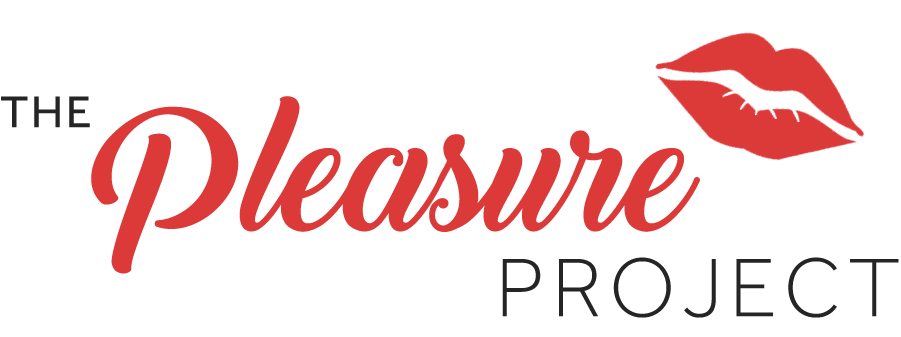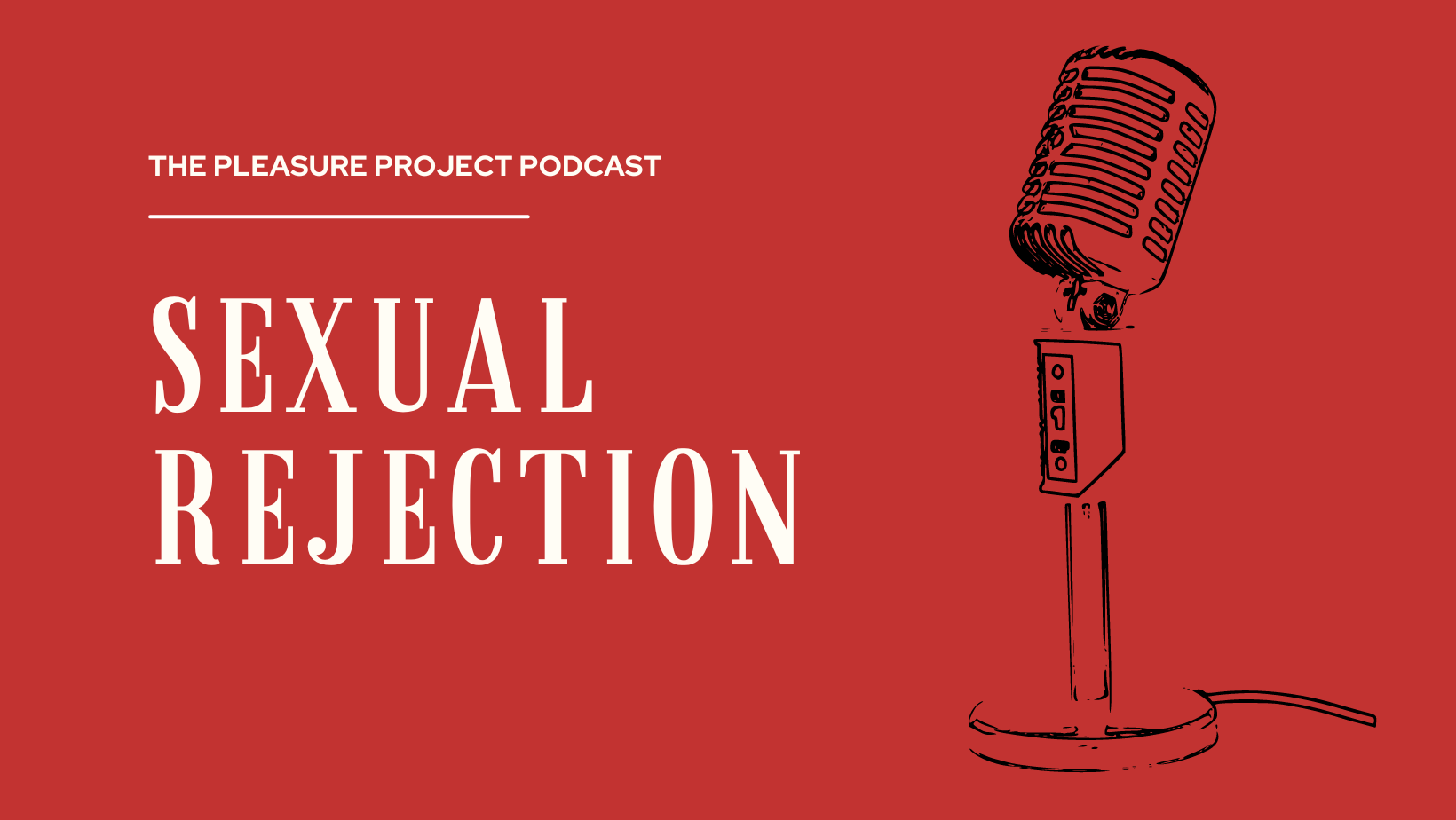Anyone over 40 years old knows that sleeping becomes a closely guarded, prized experience. It’s…

Embracing Sexuality After a Conservative Upbringing
Growing up in a conservative environment often comes with a set of rigid social norms and moral values that significantly shape one’s understanding of sexuality. For many of my clients, these formative years can create deep-seated feelings of shame and guilt, making it exceptionally difficult to embrace and openly express their sexuality later in life.
Residual Shame: A Lingering Shadow
Conservative environments typically impose strict (implicit or explicit) codes of conduct regarding sexual behavior, often rooted in religious or cultural beliefs. These codes frequently emphasize sexual purity, heteronormativity, and traditional gender roles, leaving little room for diverse sexual identities or expressions. As a result, individuals raised in such settings often internalize a sense of shame about their natural desires and inclinations.
This residual shame can manifest in various ways:
- Self-Doubt and Insecurity: Constantly questioning one’s worth and validity due to societal disapproval can erode self-esteem. You might feel unsure and unworthy in partnership, which is a vicious feedback loop.
- Fear of Rejection: The fear of being ostracized or called out as different or “wrong” can lead to a life lived in secrecy and isolation. I’ve also seen these complicated feelings manifest as sexual compulsivity (porn, affairs, chronic masturbation).
- Internalized Homophobia: For those who identify as LGBTQ+, the internal conflict between their identity and the conservative values they were raised with can lead to self-hatred and denial. If your gender identity or sexual orientation doesn’t line up with the normative view, it can cause a cascade of self-rejection and isolation.
The Body as a Battleground
In conservative environments, the body often becomes a symbol of moral virtue or vice rather than a source of personal empowerment. This objectification can distort one’s relationship with one’s own body, leading to feelings of alienation and discomfort.
- Body Shame: Negative attitudes towards bodily functions and sexual expression can result in a profound sense of body shame.
- Disconnection: Feeling disconnected from one’s body can hinder the ability to enjoy and explore one’s sexual needs and desires. If you feel conflicted about your urges, you push them down and/or feel self-disgust for wanting them. It’s a difficult bind.
- Gender Dysphoria: For transgender and non-binary individuals, conservative environments can exacerbate gender dysphoria, making the process of claiming their true gender identity even more challenging.
The Pressure from Partners with Different Values
When individuals with conservative upbringings enter relationships with partners who have more liberal views on sexuality, the disparity in values can add another layer of complexity to their struggle. This dynamic can intensify feelings of shame and inadequacy.
- Feeling Inadequate: Individuals may feel pressured to meet their partner’s expectations, fearing they are not enough or are too repressed. They feel excited by the freedom but pulled down by a past moral code highlighting their differences.
- Conflict and Misunderstanding: Differing values and experiences can lead to misunderstandings and conflict, as the more conservative partner might struggle to articulate their boundaries and discomfort. They may also judge their liberal partner as a projection of their own confusion about what is acceptable.
- Increased Self-Shame: The contrast between their feelings of shame and their partner’s more liberated attitudes can amplify their self-doubt and guilt.
Sexual Compulsion: A Secret Struggle
One of the more troubling outcomes of this internal conflict is the development of sexual compulsion. When individuals cannot openly own and express their sexuality, they may turn to secretive and often compulsive sexual behaviors.
- Hidden Behaviors: The need to keep their sexual activities hidden can lead to risky or compulsive behaviors, seeking satisfaction in secretive ways.
- Cycle of Shame: Engaging in secret sexual activities often reinforces the cycle of shame and guilt, as these behaviors conflict with the conservative values they were raised with.
- Emotional Isolation: The secrecy and shame surrounding these compulsions can lead to emotional isolation, making it difficult to seek help or connect with others authentically.
The Struggle for Self-Acceptance
Despite these challenges, many individuals strive to reclaim their sexuality and develop a sense of pride in their bodies and needs. This journey often involves:
- Education and Awareness: Learning about sexuality from diverse and inclusive perspectives can help dispel myths and combat internalized shame. Literally, seeing that there is another way to live can make all the difference.
- Therapy and Support: Counseling and support groups provide a safe space to explore and affirm one’s sexual identity. Even if it’s just one other person who accepts you wholeheartedly, it can make a huge difference to push back on that historical, negative narrative.
- Role Models and Representation: Seeing oneself reflected in positive and diverse representations of sexuality can be incredibly empowering.
The path to embracing one’s sexuality is fraught with challenges for those raised in conservative environments. Residual shame, body image issues, societal pressures, the added complexity of relationships with partners holding different values, and the secret struggles with sexual compulsion create formidable barriers. However, through education, support, and a commitment to self-love, it is possible to reclaim one’s sexual identity and proudly affirm one’s needs and desires. This journey is not only a personal victory but also a courageous stand against the restrictive norms that seek to suppress the vibrant spectrum of human sexuality.
Some Podcast Recommendations:
- Guest Dr. Tina Schermer Sellers – How Shame Affects Desire
- Confidence – How It Affects Your S*x Life
- Guest Dr. Lisa Rayburn – S*x & Religion



This Post Has 0 Comments